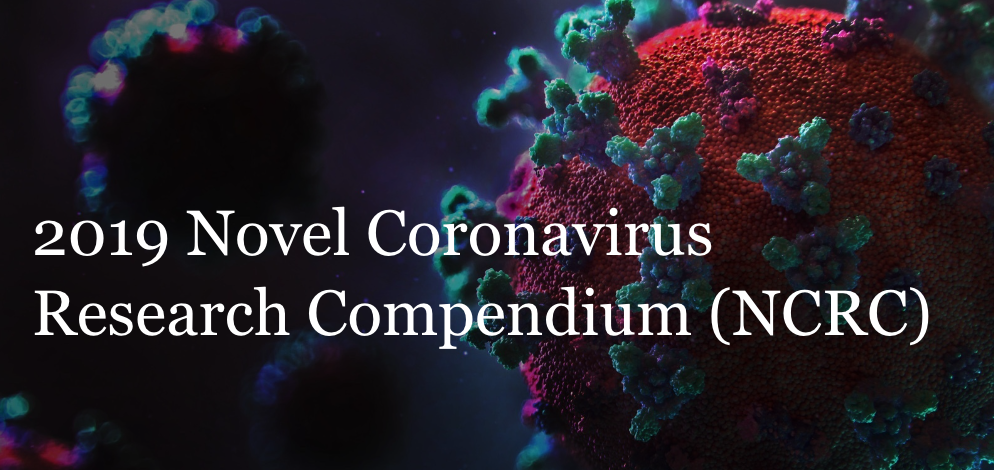Robust spike antibody responses and increased reactogenicity in seropositive individuals after a single dose of SARS-CoV-2 mRNA vaccine
This article has been Reviewed by the following groups
Discuss this preprint
Start a discussion What are Sciety discussions?Listed in
- Evaluated articles (ScreenIT)
- Evaluated articles (NCRC)
- High interest articles (NCRC)
Abstract
An important question is arising as COVID-19 vaccines are getting rolled out: Should individuals who already had a SARS-CoV-2 infection receive one or two shots of the currently authorized mRNA vaccines. In this short report, we show that the antibody response to the first vaccine dose in individuals with pre-existing immunity is equal to or even exceeds the titers found in naïve individuals after the second dose. We also show that the reactogenicity is significantly higher in individuals who have been infected with SARS-CoV-2 in the past. Changing the policy to give these individuals only one dose of vaccine would not negatively impact on their antibody titers, spare them from unnecessary pain and free up many urgently needed vaccine doses.
Article activity feed
-

SciScore for 10.1101/2021.01.29.21250653: (What is this?)
Please note, not all rigor criteria are appropriate for all manuscripts.
Table 1: Rigor
Institutional Review Board Statement not detected. Randomization not detected. Blinding not detected. Power Analysis not detected. Sex as a biological variable not detected. Table 2: Resources
No key resources detected.
Results from OddPub: We did not detect open data. We also did not detect open code. Researchers are encouraged to share open data when possible (see Nature blog).
Results from LimitationRecognizer: An explicit section about the limitations of the techniques employed in this study was not found. We encourage authors to address study limitations.Results from TrialIdentifier: No clinical trial numbers were referenced.
Results from Barzooka: We did not find any issues relating to the usage of bar …
SciScore for 10.1101/2021.01.29.21250653: (What is this?)
Please note, not all rigor criteria are appropriate for all manuscripts.
Table 1: Rigor
Institutional Review Board Statement not detected. Randomization not detected. Blinding not detected. Power Analysis not detected. Sex as a biological variable not detected. Table 2: Resources
No key resources detected.
Results from OddPub: We did not detect open data. We also did not detect open code. Researchers are encouraged to share open data when possible (see Nature blog).
Results from LimitationRecognizer: An explicit section about the limitations of the techniques employed in this study was not found. We encourage authors to address study limitations.Results from TrialIdentifier: No clinical trial numbers were referenced.
Results from Barzooka: We did not find any issues relating to the usage of bar graphs.
Results from JetFighter: We did not find any issues relating to colormaps.
Results from rtransparent:- Thank you for including a conflict of interest statement. Authors are encouraged to include this statement when submitting to a journal.
- Thank you for including a funding statement. Authors are encouraged to include this statement when submitting to a journal.
- No protocol registration statement was detected.
-

Our take
This study, available as a preprint and thus not yet peer reviewed, provides convincing rationale to explore administering only one dose of mRNA vaccine (Pfizer or Moderna) to individuals who possess pre-existing SARS-CoV-2 immunity from previous infection. Antibody testing could be performed prior to vaccination for individuals whose infection history is unknown. This strategy could free up a vast number of vaccine doses, as well as limit discomfort from reactogenicity in those who have pre-existing immunity.
Study design
other
Study population and setting
This study investigated individuals who had been vaccinated with either Pfizer or Moderna mRNA vaccine in 2020. Antibody responses were studied in 109 participants with and without documented pre-existing SARS-CoV-2 antibody responses (68 …
Our take
This study, available as a preprint and thus not yet peer reviewed, provides convincing rationale to explore administering only one dose of mRNA vaccine (Pfizer or Moderna) to individuals who possess pre-existing SARS-CoV-2 immunity from previous infection. Antibody testing could be performed prior to vaccination for individuals whose infection history is unknown. This strategy could free up a vast number of vaccine doses, as well as limit discomfort from reactogenicity in those who have pre-existing immunity.
Study design
other
Study population and setting
This study investigated individuals who had been vaccinated with either Pfizer or Moderna mRNA vaccine in 2020. Antibody responses were studied in 109 participants with and without documented pre-existing SARS-CoV-2 antibody responses (68 seronegative, 41 seropositive). The frequency of local, injection site-related and systemic reactions after first dose of vaccination in 231 participants (149 seronegative, 83 seropositive) was also investigated.
Summary of main findings
While seronegative participants mounted low SARS-CoV-2 IgG antibody responses 9-12 days after their first vaccination, seropositive individuals developed antibody titers 10-12 times higher within only days of their first vaccination. Futher, seropositive participants’ antibody titers following their first vaccination were over 10-fold higher than titers measured in seronegative individuals after their second vaccine. Next, mild, local reactions did not differ based on serostatus. However, seropositive individuals had a significantly higher frequency of systemic side effects (ex. fever, chills, fatigue, muscle and joint pains, headache) compared to seronegative individuals. Reactogenicity for seropositive individuals after first dose seemed to resemble reactions of seronegative individuals after their second dose, as reported in phase 3 trials.
Study strengths
This study employed a mixture of participants who received either the Pfizer or Moderna mRNA vaccines, which are the two vaccines that have been approved for use by the FDA in the US. Also, they were able to obtain a decent sample size for a first look into this question.
Limitations
More seronegative participants were included in this study than seropositive individuals and the groups were not paired in a case-control format.
Value added
First concrete rationale for administering only one vaccine dose to those who already have some level of pre-existing SARS-CoV-2 immunity from previous infection.
-


